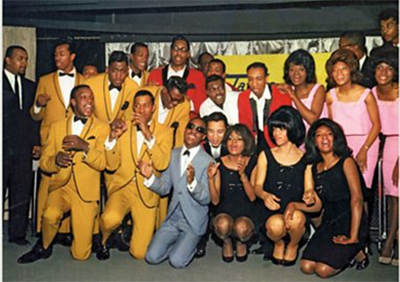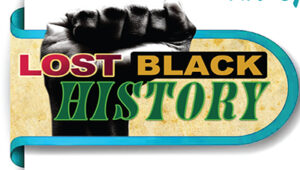Part 1 of a 2 Part Series
By Don Valentine
Motown is as homogenous as “Ice Cream and Apple Pie.” If you haven’t heard a Motown song you like, then you just haven’t heard the right song. That affection placed Berry Gordy’s record label as the vanguard musical advent for the Civil Rights movement. We all learned in school the story of how an $800 loan turned into a global passion for Soul music. What schools do not teach is the impact Motown had on the Civil Rights movement.
Dr. King, Ralph Abernathy, Jesse Jackson and the other icons of the movement had a march planned in Detroit on June 23, 1964. “The Walk To Freedom” march coincided with the 100th anniversary of the Emancipation of Slavery. Dr. Martin Luther King Jr. delivered, for the first time, the famous “I Have A Dream” speech. That was 2 months before the great march on Washington. In Detroit, a crowd of nearly 150,000 people gathered singing freedom songs and carrying signs demanding racial equality. The news outlet Visit Detroit.com wrote, “Dr. King was hoping to inspire the end of segregation and discrimination. In the Detroit speech, he speaks of his dream for Blacks in Detroit to ‘be able to buy a house or rent a house anywhere that their money will carry them, and they will be able to get a job.’ Detroit’s protest helped move the southern Civil Rights struggle to a new focus on the urban North.”
Our schools do not address the financial gale force Berry provided to aid Dr. King’s shoe string budget. Detroit’s Fox 2 news station chronicled the help, “When the Civil Rights Movement needed financial help, one man in Detroit stepped up to help. Berry Gordy, father of Motown Records, helped Dr. Martin Luther King Jr. when the impassioned calls for equality were high but cash was running low.” Fox 2 noted that, “… Jesse Jackson came to the city of Detroit to speak with Berry Gordy because Dr. Martin Luther King, Jr., needed some help making payroll and Berry Gordy not only provided moral support but he provided financial support”
Berry had the sagacity to record Dr King’s speech in Detroit and several other spoken word passages by Dr. King. A piece of “Lost Black History” is that a Black man procured the right, resources and distribution to capture these historic passages for all the world to review. At first glance you might attribute that act to one of the major White recording labels, but the truth leads back to Motown records. Berry Gordy’s Motown records was a discreet fulcrum for the Civil Rights movement.


